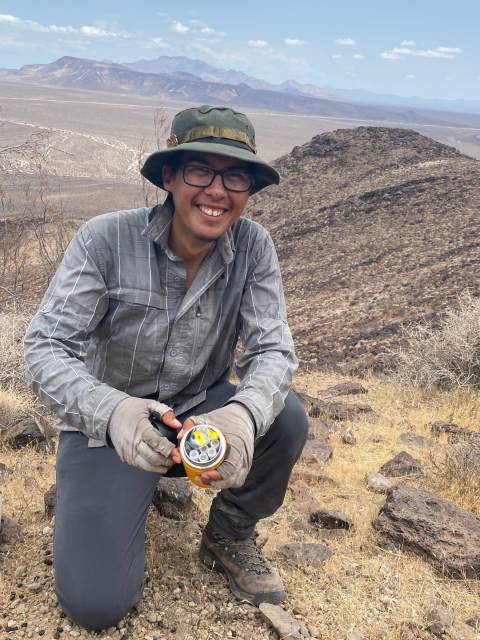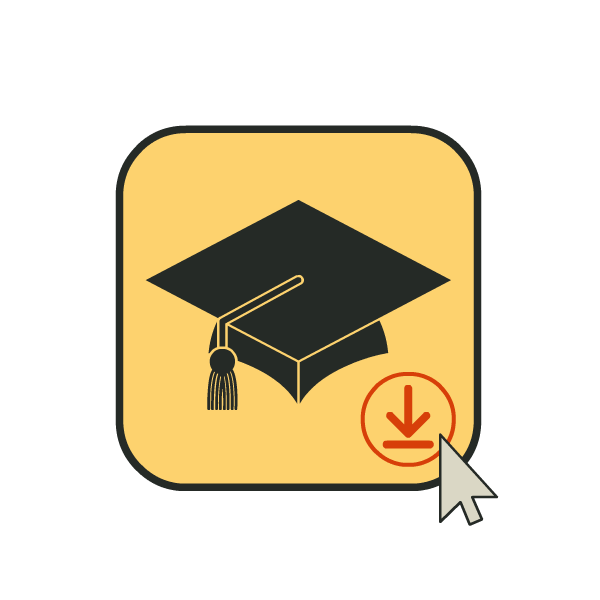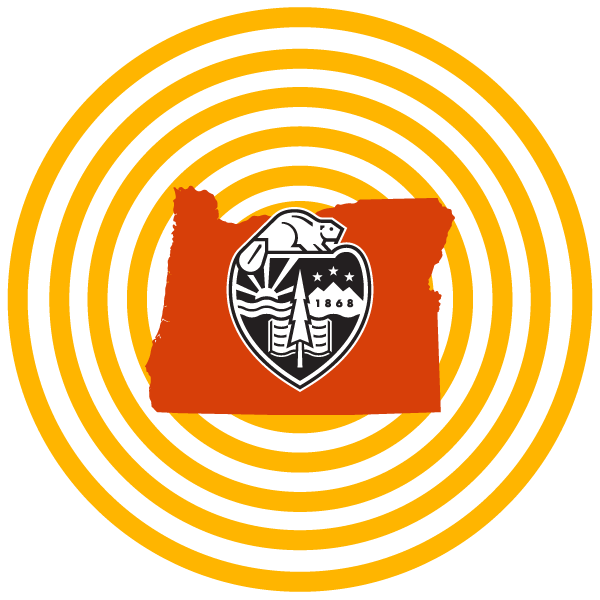At the end of the 2023 winter term, Jose Torres became the first Oregon State University student to complete an honors degree online.
Ask him how he got here, and his story might surprise you.

“Nobody in my family’s ever gone to college or university, so it wasn’t even in my mind. We’re all working class people, and so that was my thing,” he says.
Torres is a U.S. Navy veteran who joined the service straight out of high school and did three deployments in Japan, San Diego and Guam.
“I was going to become an aircraft mechanic. That was my goal,” he says.
But while stationed in Guam, he saw another possible path for himself when he decided to volunteer at the Guam Wildlife Refuge. There, he worked with the Indigenous Chamorro people to help support native species in the refuge.
“I was just like — ‘How do I get your job?’” he says. “I just had no idea this was a possibility or a career choice that somebody could get paid for.”
So when his contract with the Navy ended, Torres applied to the fisheries, wildlife, and conservation sciences bachelor’s program through Oregon State Ecampus. He also applied to the Oregon State Honors College, which is known for high levels of faculty engagement and creating research opportunities for undergraduates.
Torres reached out to Professor Clinton Epps in the College of Agricultural Sciences to ask if he would be willing to be his honors advisor.
“I got very lucky,” Torres says. “My honors thesis is on bighorn sheep morphology, and Dr. Epps is one of the biggest desert bighorn researchers in America.”
Determined to do in-person research while pursuing his degree online, Torres also applied for a VIEW Fellowship through Oregon State’s Department of Fisheries, Wildlife and Conservation Sciences. Through the fellowship, he received funding to spend two months in the Mojave Desert during the summer of 2021, assisting Epps with bighorn sheep research.
“We were collecting fecal samples and behavioral information, so we had to go out and track them,” Torres says. “We were hiking 6 to 8 miles a day. I got a lot of great experience from that.”
Torres went on to write and defend his honors thesis on how climate impacts bighorn sheep morphology. For his thesis, Torres used a dataset from the California Department of Fisheries and Wildlife, which has collected data from bighorn sheep captures since 1978. Epps continued to advise Torres remotely throughout his honors research and thesis, despite being in different states.
While working and completing his honors degree, Torres learned about a United States Geological Services fellowship, and Epps gladly nominated him for the opportunity.
“I did three interviews,” Torres says. “And when I got to the Burmese python opportunity in Florida, I said, ‘This is what I want to do. Pick me.’ It turned out to be such a great experience.”
That great experience would lead Torres to an even bigger opportunity. When his fellowship ended, the USGS offered him a full-time position in Florida, helping to combat invasive Burmese pythons throughout the Everglades and South Florida. In addition to working on ongoing scientific research at the USGS, Torres will help train the next round of interns, teaching them how to do captures, autopsies and necropsies as well as how to use outdoor vehicles like swamp buggies and airboats.
Oregon State is one of the only universities in the nation that offers an honors degree online, and Torres has advice for future students who decide to pursue this opportunity.
“I’m not gonna tell you it’s easy,” he says. “I’ve been working hard. But it’s been a very rewarding experience.”




